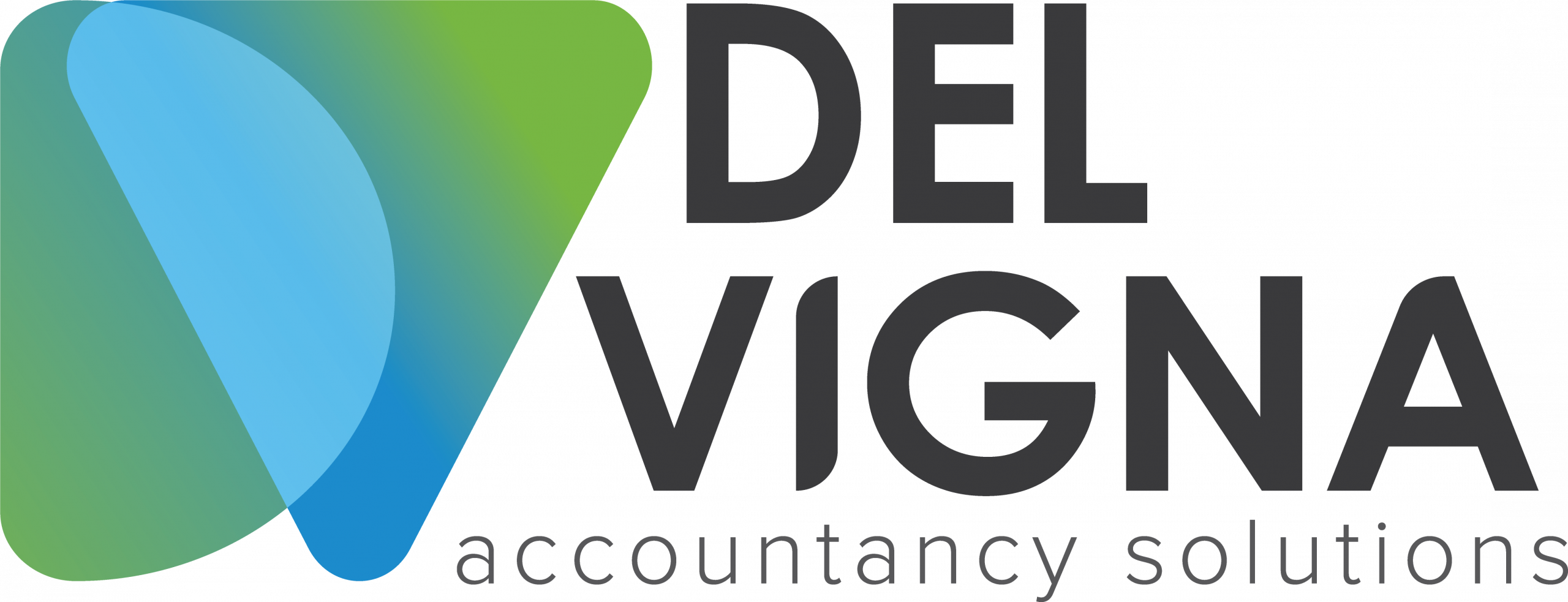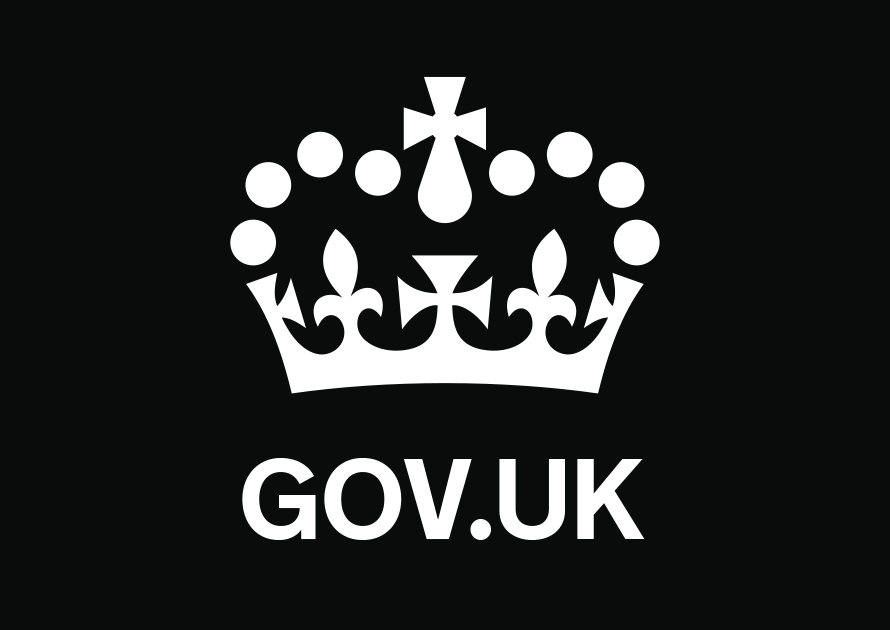Exempt Supplies from Climate Change Levy
There are exemptions from the main rate of Climate Change Levy. They are supplies:
- not for burning or consumption in the UK (exports)
- of liquefied petroleum gas and solid fuel intended for re-sale
- used in some forms of transport
- to producers of taxable commodities other than electricity
- to electricity producers (other than combined heat and power stations, small generating stations and stand-by generating stations)
- to combined heat and power stations
- by small generating stations (other than combined heat and power) used to generate any electricity that’s not self-supplied
- not used as fuel
- of electricity from good quality combined heat and power stations in some circumstances
- for use in metallurgical and mineralogical processes
Exemptions for supplies used in some forms of transport
Supplies used in some forms of transport are exempt from the main rate of Climate Change Levy if they are used to:
- electrify train lines
- power a ferry or non-railway vehicle transporting passengers
- light a railway carriage transporting passengers
- light the cab interior of a freight train transporting goods
- light a marine freight vessel — such as a ship on a journey outside UK waters
Supplies are not exempt where, for example, they’re used to transport passengers at theme parks, or for trams within museums.
You can contact us for more information.
Excluded supplies
A supply is excluded from Climate Change Levy if it is for domestic use or used by a charity for its non-business activities.
Domestic users
Domestic use includes:
- armed forces residential accommodation
- caravans
- children’s homes
- homes for the elderly and disabled
- hospices
- houseboats
- houses, flats or other places of residence (including garages used with them)
- religious houses including monasteries and nunneries
- school and university residential accommodation
- self-catering holiday accommodation
- supplies to community heating schemes
De minimis limits for businesses
Small (de minimis) amounts of fuel and power may automatically be treated as supplies for domestic use, even where they are supplied to a business using only a small amount of energy. The de minimis limits for each fuel are:
- coal or coke — one tonne of domestic grade fuel or less
- piped gas — supply is below 4,397 kilowatt hours per month
- metered and un-metered electricity — supply is below 1,000 kilowatt hours per month
- liquid petroleum gas (LPG):
- in cylinders — no limit on numbers so long as each one is less than 50 kgs net weight
- in bulk where the tank capacity is less than 2 tonnes
Supplies to charities
Supplies used by a charity for non-business activities are also excluded from the levy. The levy is due where charities carry out business activities unless the de minimis limits apply. Examples of business activities by charities include the:
- sale of donated goods
- hiring of charity run buildings (for example, village halls)
- provision of membership benefits by clubs, associations and similar bodies
Charities that carry out both business and non-business activities on the same premises can split the consumption per account between excluded and taxable use and advise their energy supplier.
The charity will need to provide a VAT certificate to the supplier to claim the relief.
Business premises used partly for domestic or non-business charity
Where supplies are made to a customer whose premises are put partly to domestic or non-business charity use, if the domestic or charity use is:
- at least 60% of the total use, then the whole supply can be treated as such and is excluded from the levy
- less than 60% of the total use, then the levy must be applied to that portion that does not qualify for relief
If you do supply fuel and power for a combination of uses, you should ask your customer for a VAT certificate that includes what the percentage is for domestic or charitable non-business use, before you apply the relief.
Intermediaries
If there’s a domestic or charitable non-business intermediary in the supply chain, for example, supplies to a tenant via a landlord, the relief depends on the use the commodity will be put to. If the intermediary wants to be excluded from the levy, they will need to submit a Climate Change Levy declaration to their energy supplier which should include the following information:
- customer’s (end user’s) name and address
- confirmation that it relates to a domestic or charity non-business qualifying use
- the percentage of use eligible for the exclusion of the levy
- a declaration that the information is correct and complete and signature
Supplies to multiple sites for domestic users — for example, a block of flats with a common or shared boiler provided, is commonly known as a ‘community heating scheme’. The levy will apply unless the customer:
To claim the exclusion the operator of the scheme must declare to you that the commodities are being consumed for qualifying purposes.
Visiting forces
If you’re registered for Climate Change Levy, you can make supplies of fuel and power to USA visiting forces without having to account for the levy.



